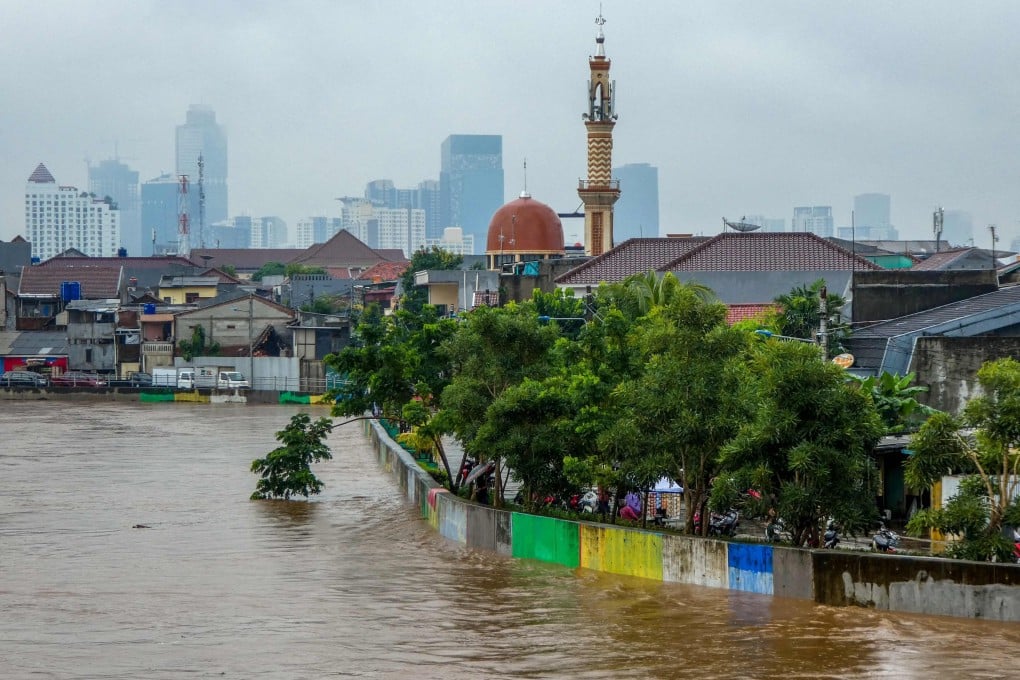Opinion | How Asean’s Covid-19 recovery measures are missing opportunities for a green future
- Few countries in the region have tied green components to their stimulus packages, which contain some environmentally harmful measures
- Green recovery policies and strategies can help put a country on the path to economic recovery while bringing environmental and sustainability benefits

While some economies in the region do appear to be recovering, Asean governments are still prioritising the disbursement of stimulus measures for short-term economic relief. As of May 28, Asean countries had authorised a total of US$730 billion, equivalent to 7.8 per cent of its total GDP in stimulus dollars.
However, few Asean countries and development partners have tied green components to their Covid-19 stimulus packages, and in effect, environmentally harmful measures are also embedded in the present stimulus packages.
WHAT IS GREEN RECOVERY?
Economists and development experts introduced the concept of green recovery measures to encourage governments to decarbonise the economy and enhance resilience in facing future health and climate shocks. The Institute for European Environmental policy suggests that governments introduce sustainable economic policies to tackle the Covid-19 crisis.

04:17
Free-diving ‘sea women’ of South Korea fight climate change threatening their fishing tradition


